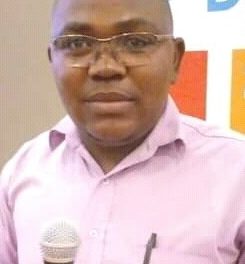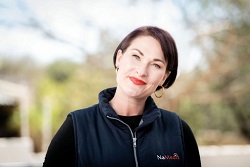
Broadband investment leads to growth
“Education,” said Nelson Mandela “is the key to everything.”
Participants in last week’s eLearning Africa conference in Kampala, Uganda, were in no doubt, however, that it is the combination of education and information technology that is critical to Africa’s future. Hon Stanley Simataa, Namibia’s Minister of Information and Communication Technology, told a special meeting of ministers of education and ICT at the event that “a 10% increase in investment in broadband infrastructure will guarantee a 1.3% increase in economic growth.” And the influential eLearning Africa Report, which was published also last week, stresses that “if education is the key to everything, the key to the education of the future is infrastructure.”
A striking example of the powerful effect of this combination of education and communications infrastructure is the network of distance learning centres, that has been built up across Africa. The centres are local and regional communication hubs, which facilitate knowledge-sharing, education and training for leaders and professionals in the private, public, civil society and NGO sectors.
During the last decade, the centres have made an enormous contribution to enabling African governments, businesses, NGOs and ordinary citizens both to seize the new opportunities available to them and to respond effectively to numerous crises.
Ghanaian educator, Mor Seck has spearheaded initiatives for capacity building in finance and administration, leadership development and technology management for staff in DLCs across the continent. He has led the development of a video conference-based platform for the continent and he’s been at the forefront of promoting the involvement of DLCs in the planning and implementation of the eLearning Africa Conferences”.
Seck has masterminded DLC’s expansion across Africa, in the process creating an organisation that is playing an important role in enabling Africa to seize the opportunity that the combination of ICT and education brings.
“We started with about six countries,” he said, “and, in ten years, we’ve expanded to more than 15 countries, which are actively involved and engaged in the network. We’ve made expertise in distance learning management and education really available in a short period of time in Africa. We’ve helped to overcome the language barriers and got people to communicate, share their expertise and work together to overcome problems and make the most of new opportunities. This is Africa as one and it’s something I’m really proud of.” Now Seck wants to ensure that AADLC continues to expand. “I want to increase the number of countries participating in the network,” he says. “I want to boost the in-country networks in all African countries and to enable more people outside the capital cities to have access to the sharing of knowledge and experience.”











































